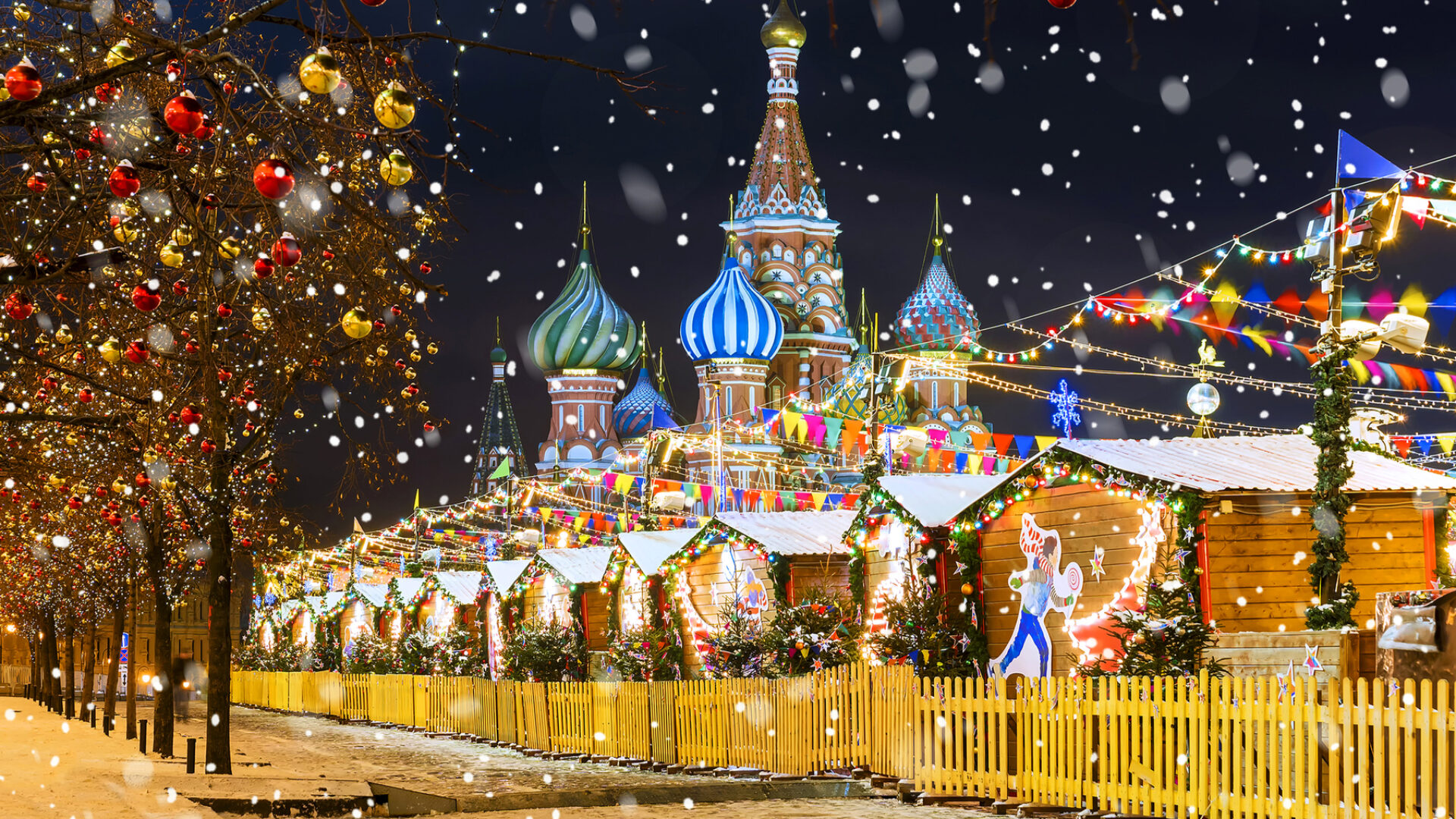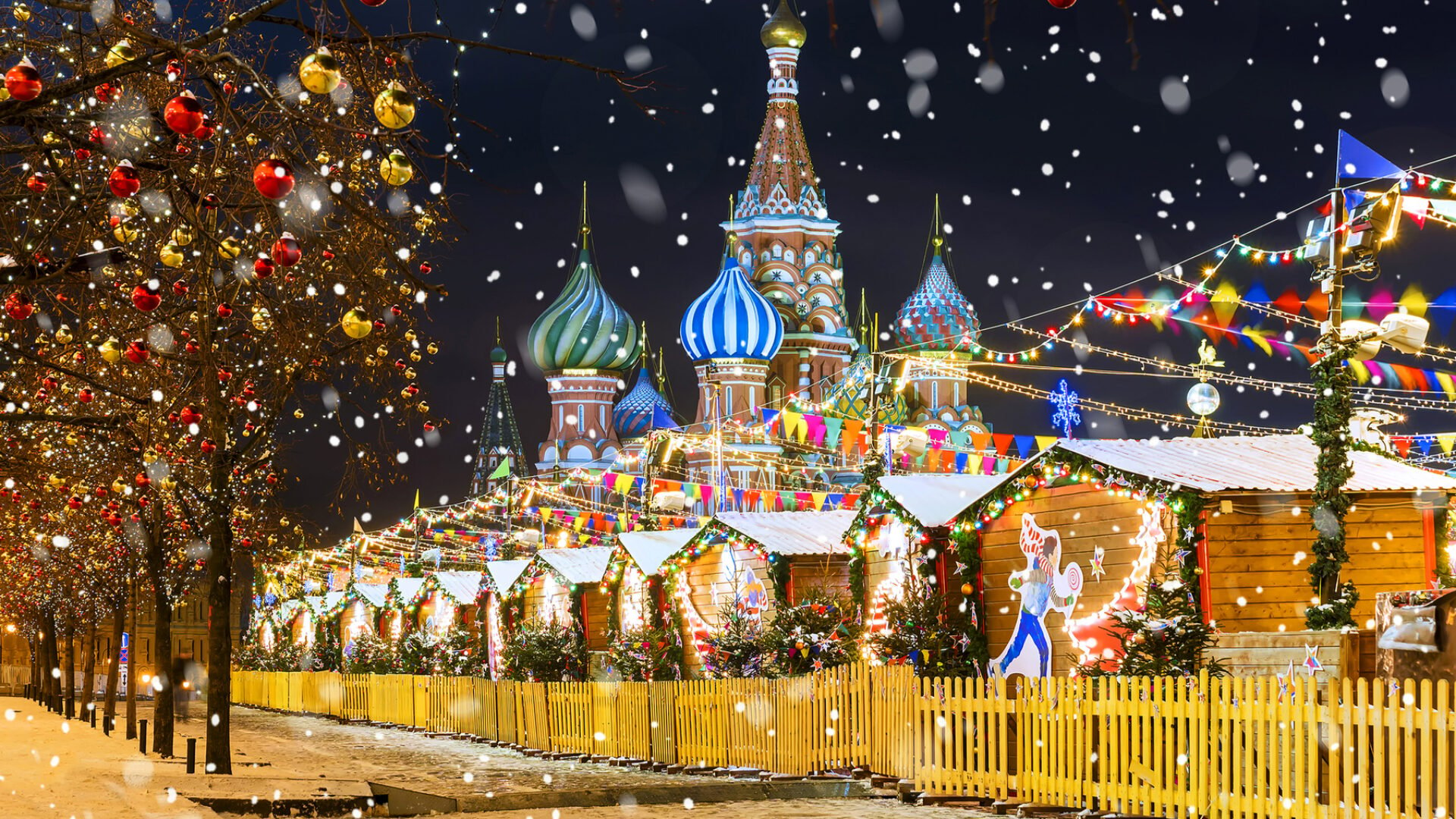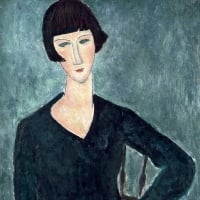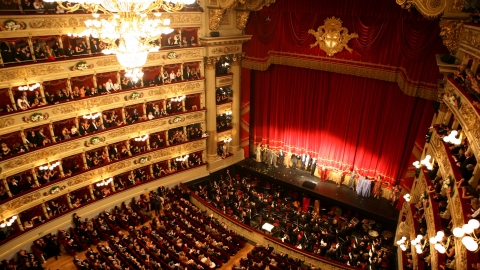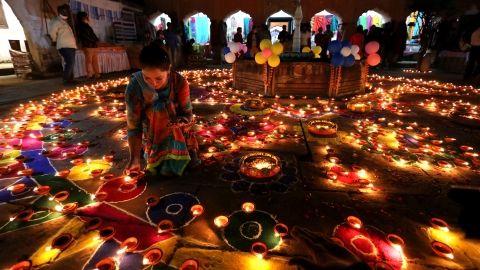The tumultuous history of Christmas in Russia
Like any other Christian country in the world, Christmas in Russia is a national holiday celebrating the birth of Jesus. However, it wasn't until the late 10th century, when Russia recognized Christianity as an official religion, that Russians began to celebrate this special holiday. The first time people celebrated Christmas in Moscow was on December 25, 988.
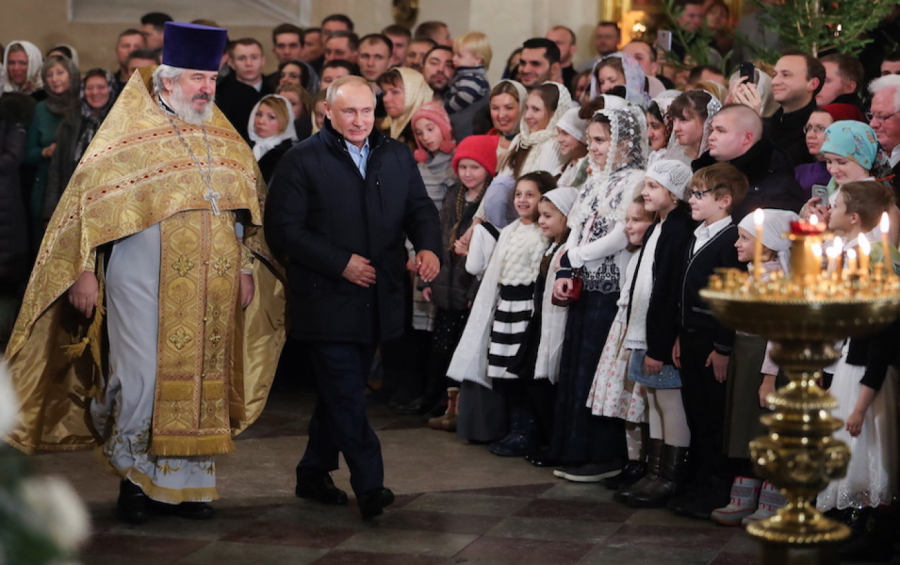
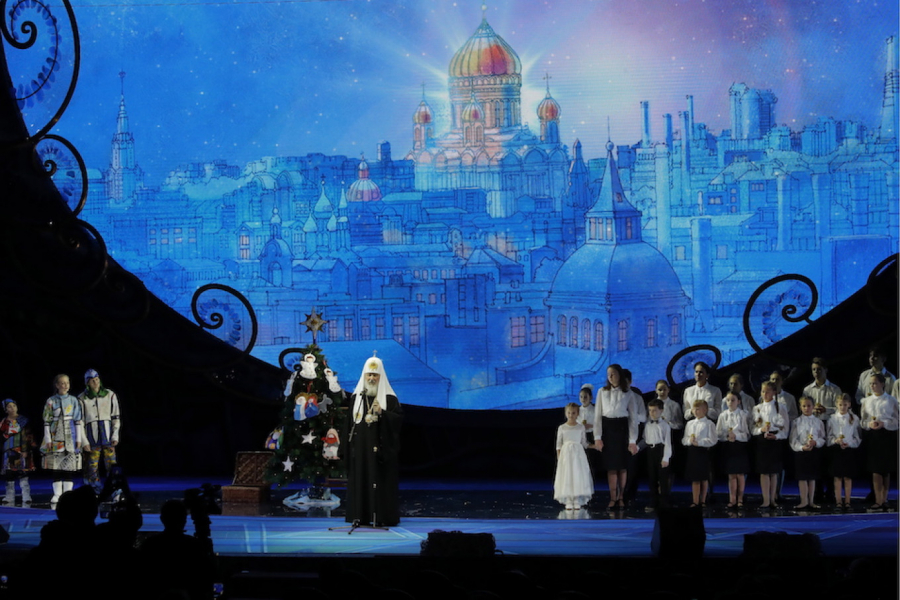
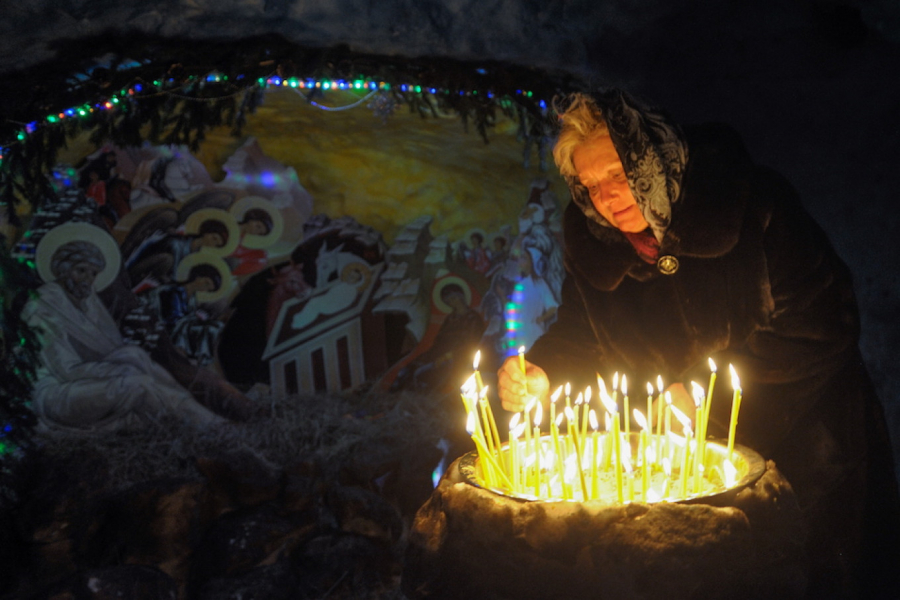
Interestingly, Orthodox Christians in Russia and some Eastern European countries celebrate Christmas on January 7th each year, 13 days later than the Catholic Christmas (December 25th) in the Americas, Australia, Western Europe, and some African countries. This is because while European countries gradually switched to the Gregorian calendar in 1582, Russians continued to use the old Julian calendar.
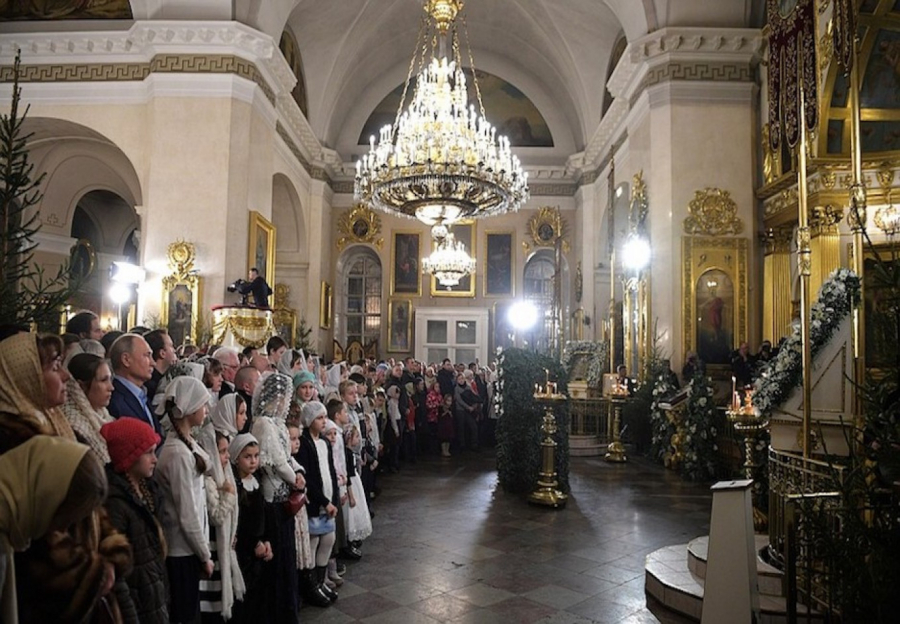
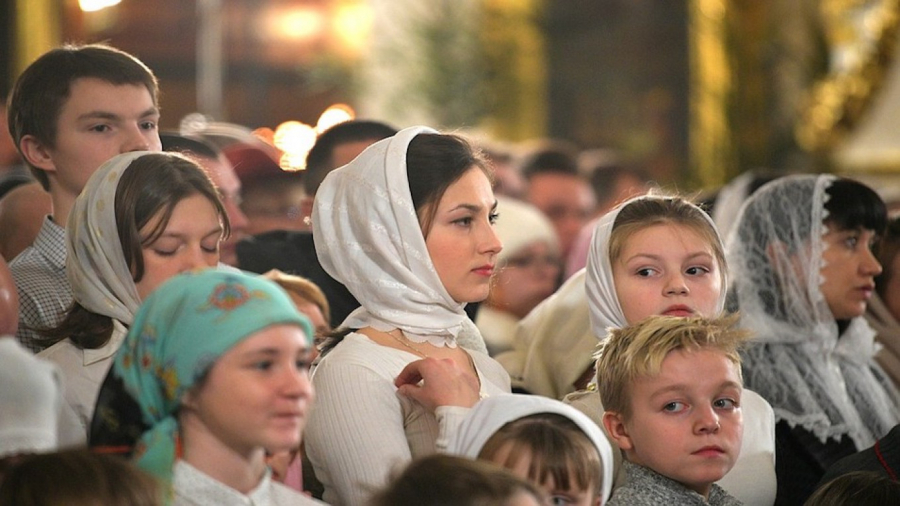
The Gregorian calendar was only adopted in 1918 by decree of the Soviet government, changing January 31st of that year to February 14th. However, for political reasons, the Soviet Union banned all citizens from celebrating Christmas. It wasn't until 72 years later, in 1992, that this ban was lifted, and people once again celebrated Christmas in Moscow and other locations. Nevertheless, the Orthodox Church in Russia continues to celebrate Christmas on December 25th according to the Julian calendar, which is January 7th of the following year according to the Gregorian calendar.
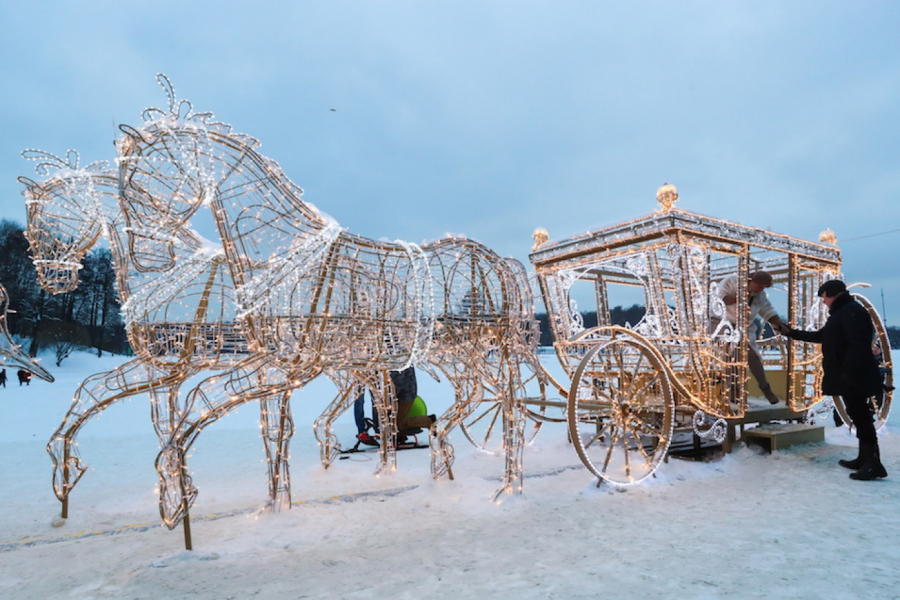
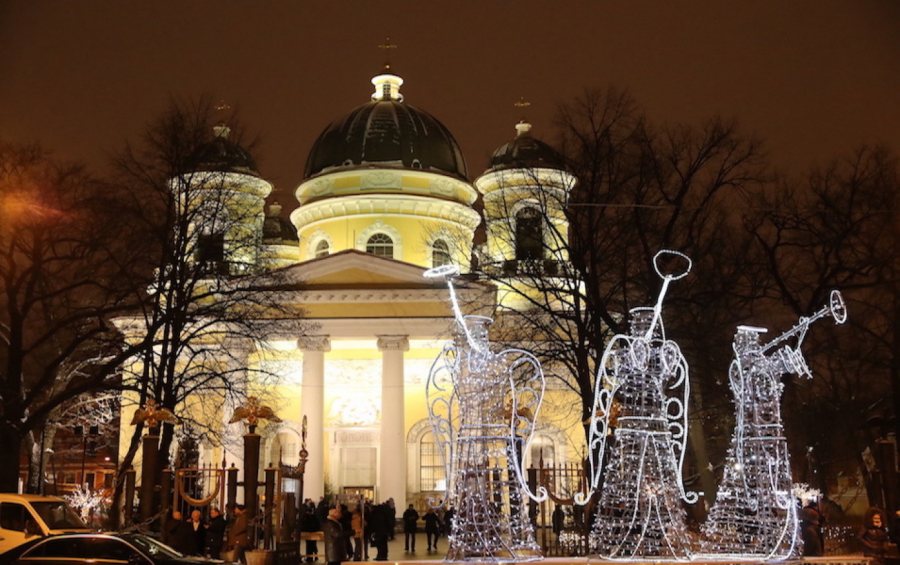
Currently, these two calendars differ by 13 days. Other Orthodox churches that follow the Julian calendar include those in Jerusalem, the Republic of Macedonia, Georgia, Serbia, Poland, and others. This is why Easter, Christmas, and some other religious holidays in these places are celebrated two weeks later.
Interesting Christmas Customs in Russia
Christmas is one of the most important holidays for Orthodox Christians, marking the end of Lent. Approximately 2.3 million Orthodox believers in Russia (about 75% of the population) flock to churches, participating in processions, Christmas Eve ceremonies, and singing carols. This solemn event, celebrated in thousands of cities and towns across the Russian Federation, begins on Christmas Eve and is known as Sochyelnik.
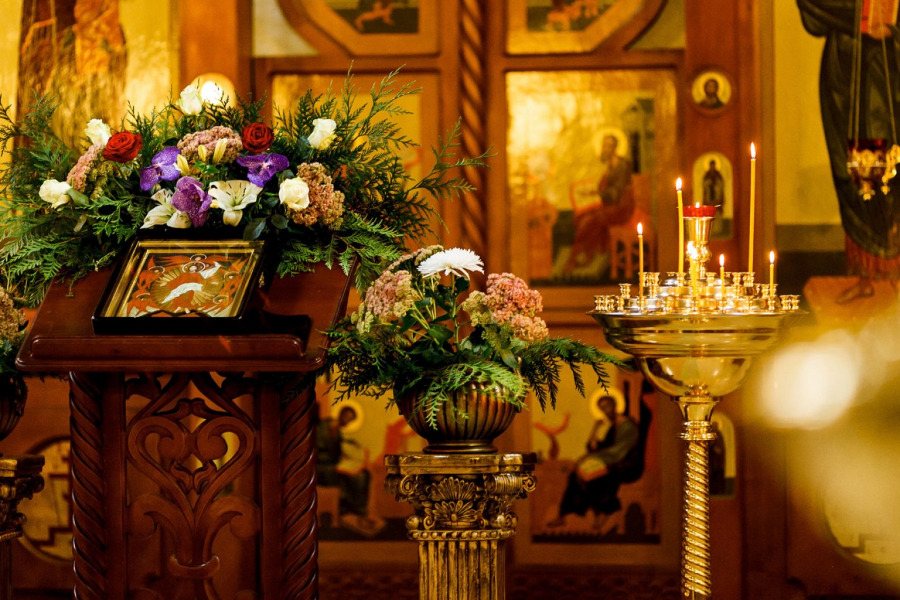
Most people will fast for a few days to purify their bodies before Sochyelnik, a fasting period that can last up to 40 days before Christmas. During these days, meat, eggs, dairy, and animal fat are not allowed. Some Russians do not fast, or attend church services, but still hold Christmas parties, as they consider it a holiday of love, acceptance, and tolerance.
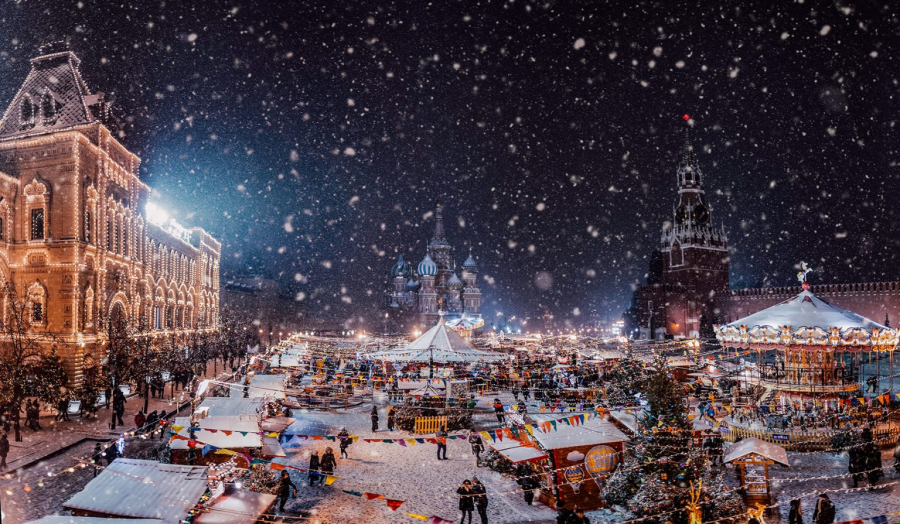
Christmas market in Red Square
On Christmas Eve, Orthodox Christians in Russia gather around a large bonfire and pray, partly to ward off the cold of the winter night, and partly for spiritual reasons. Russians believe the fire dispels the darkness, ushering in a year of abundant harvests and keeping the souls of the deceased from feeling cold. Afterward, they celebrate with a large, warm family feast. Traditional dishes include pickled cucumbers, pickled mushrooms, sauerkraut, pickled apples, meat pies, mushrooms, fish, and vegetables. They also traditionally exchange gifts and decorate their homes with images of angels, stars, and Nativity scenes.
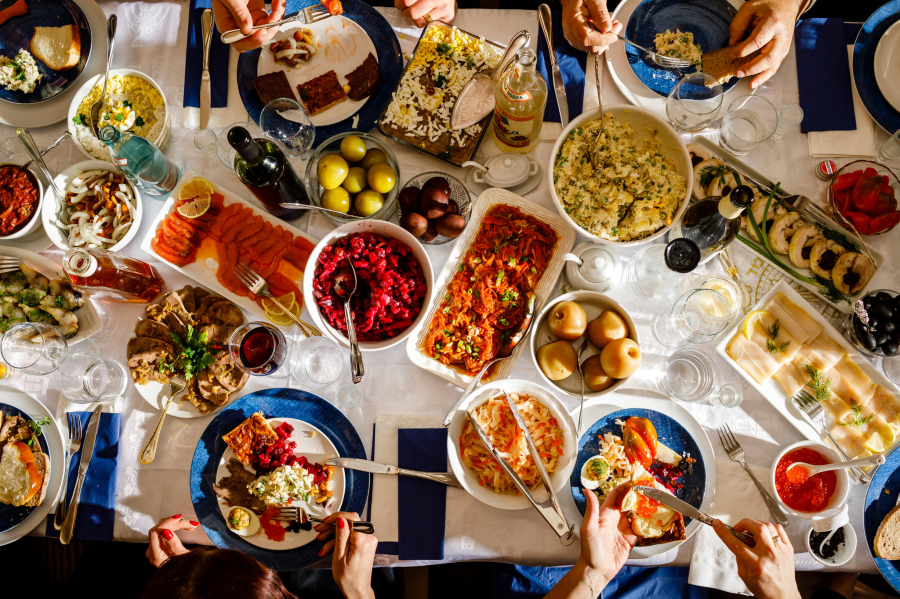
Celebrating Christmas in Moscow during a trip to Russia will leave you feeling overwhelmed by the incredibly tempting 12-course feast, which includes traditional dishes and regional specialties. But there must always be a thick porridge made from wheat or barley and raisins.
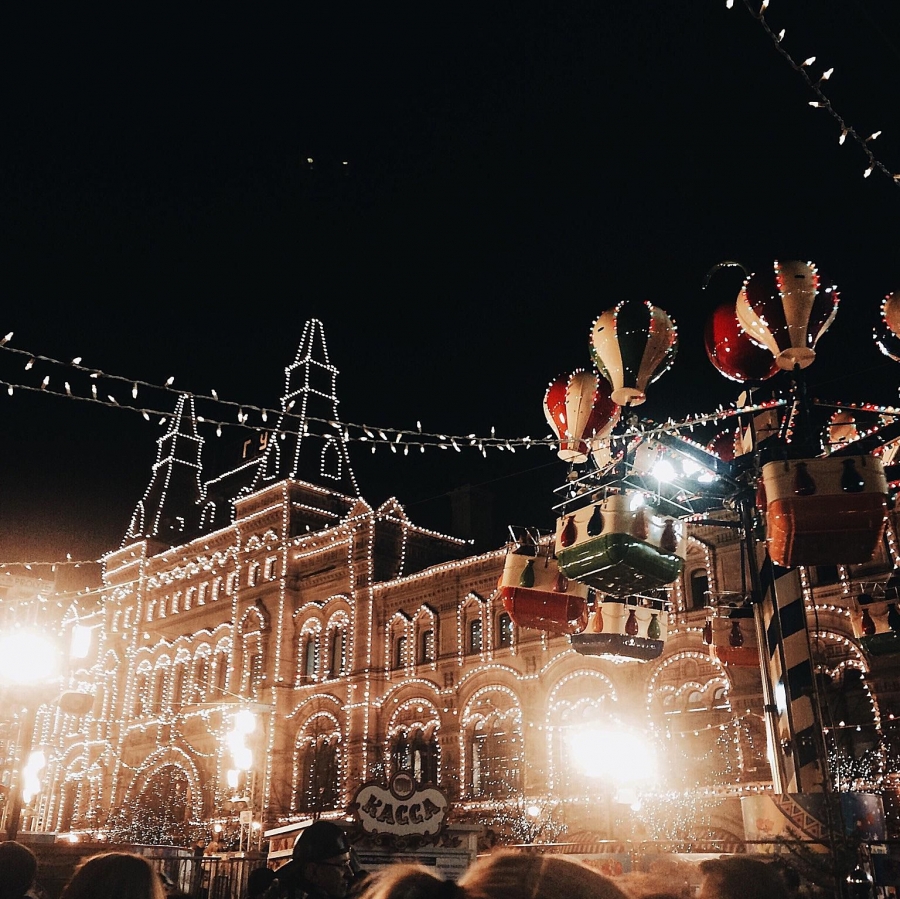
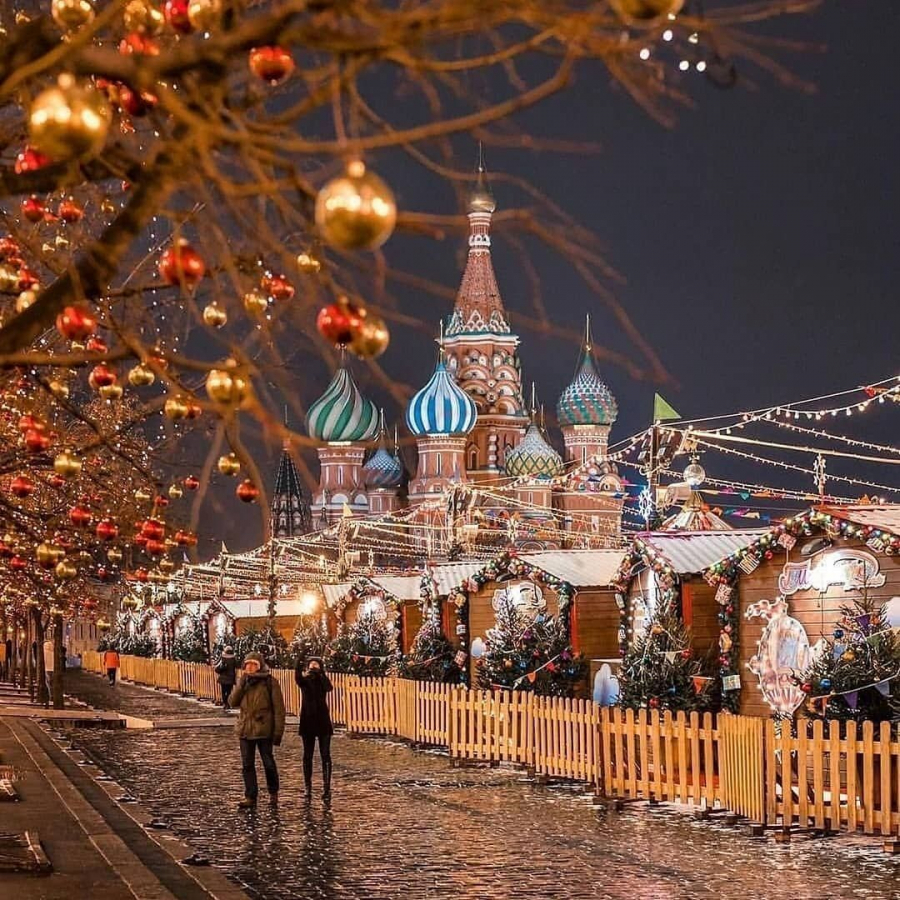
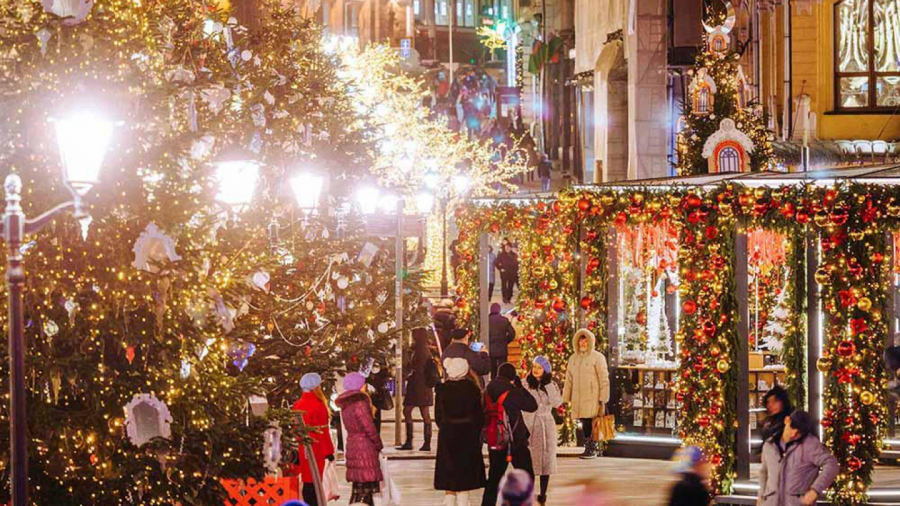
On the first day of Christmas, wives stay home to clean the house and do the cooking while their husbands visit neighbors and relatives. On the second day, the roles are reversed; husbands stay home while wives go out to meet people.
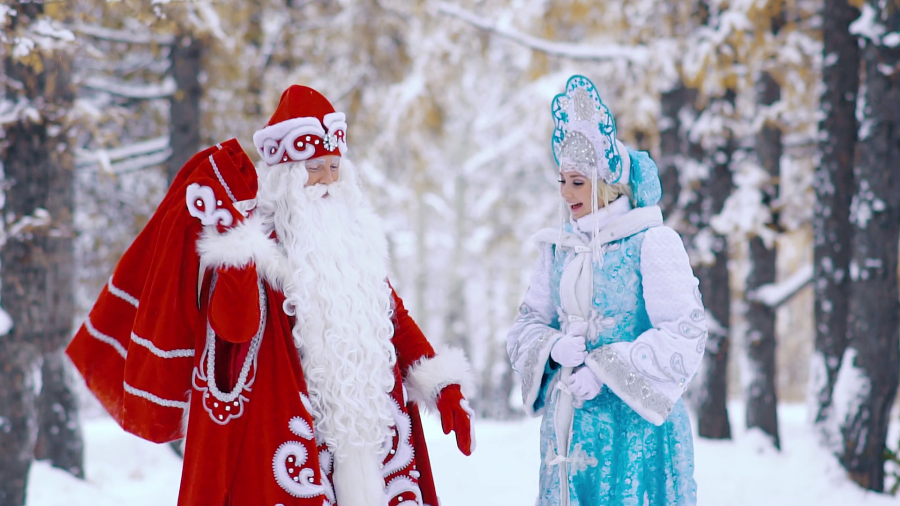
Ded Moroz and Snegurochka
Russia has its own version of Santa Claus, different from the cheerful, chubby, red-suited figure seen in Hollywood movies and on American Christmas cards. The Russian Santa, called Ded Moroz, typically wears a red, blue, or yellow fur coat, traditional Russian boots, and rides in a horse-drawn carriage instead of reindeer. His assistant is his granddaughter, Snegurochka – a rosy-cheeked, blonde, and cheerful snow princess. Instead of Christmas Eve, Ded Moroz usually gives gifts to children on New Year's Eve.
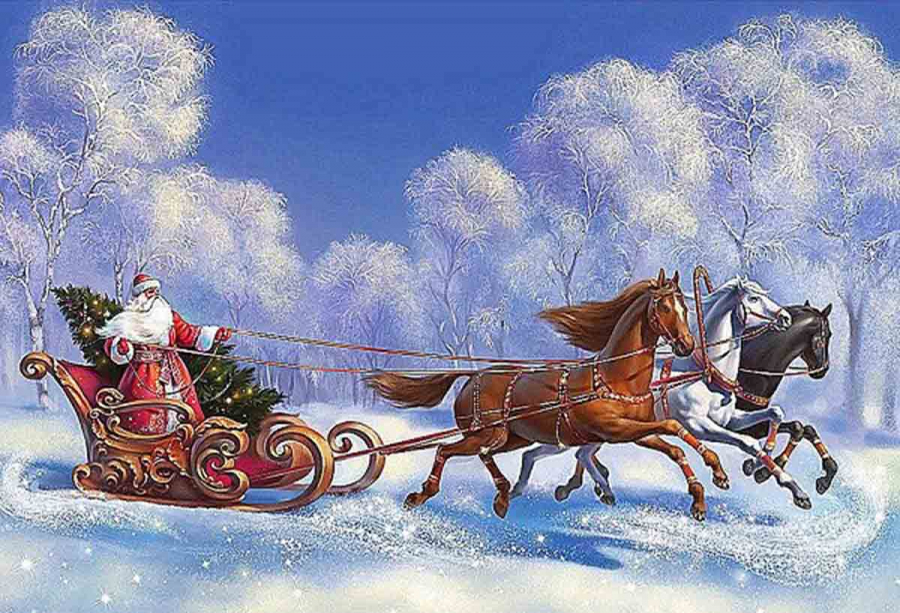
Ded Moroz drives a three-wheeled vehicle to deliver gifts.
It's not the Arctic Circle where Russian children can meet Ded Moroz, but rather an estate in the town of Veliky Ustyug, Vologda Oblast. Russian children often send letters to Santa Claus hoping their wishes will come true. Tourists flock there during Christmas to take photos with Santa, ride the troika – the three-horse sleigh that Ded Moroz drives to deliver presents – and participate in other winter activities.
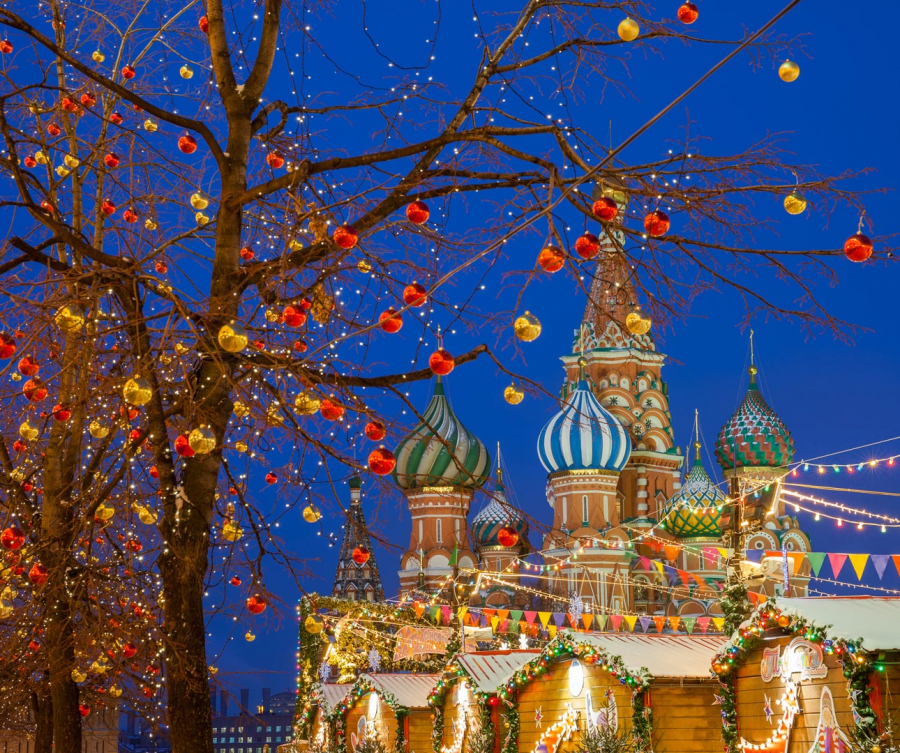
Like many other countries, during Christmas, the streets of Russia, big or small, are brightly lit, and a warm, festive atmosphere permeates everywhere. Let's admire some more images of Christmas in Russia.

 VI
VI EN
EN



